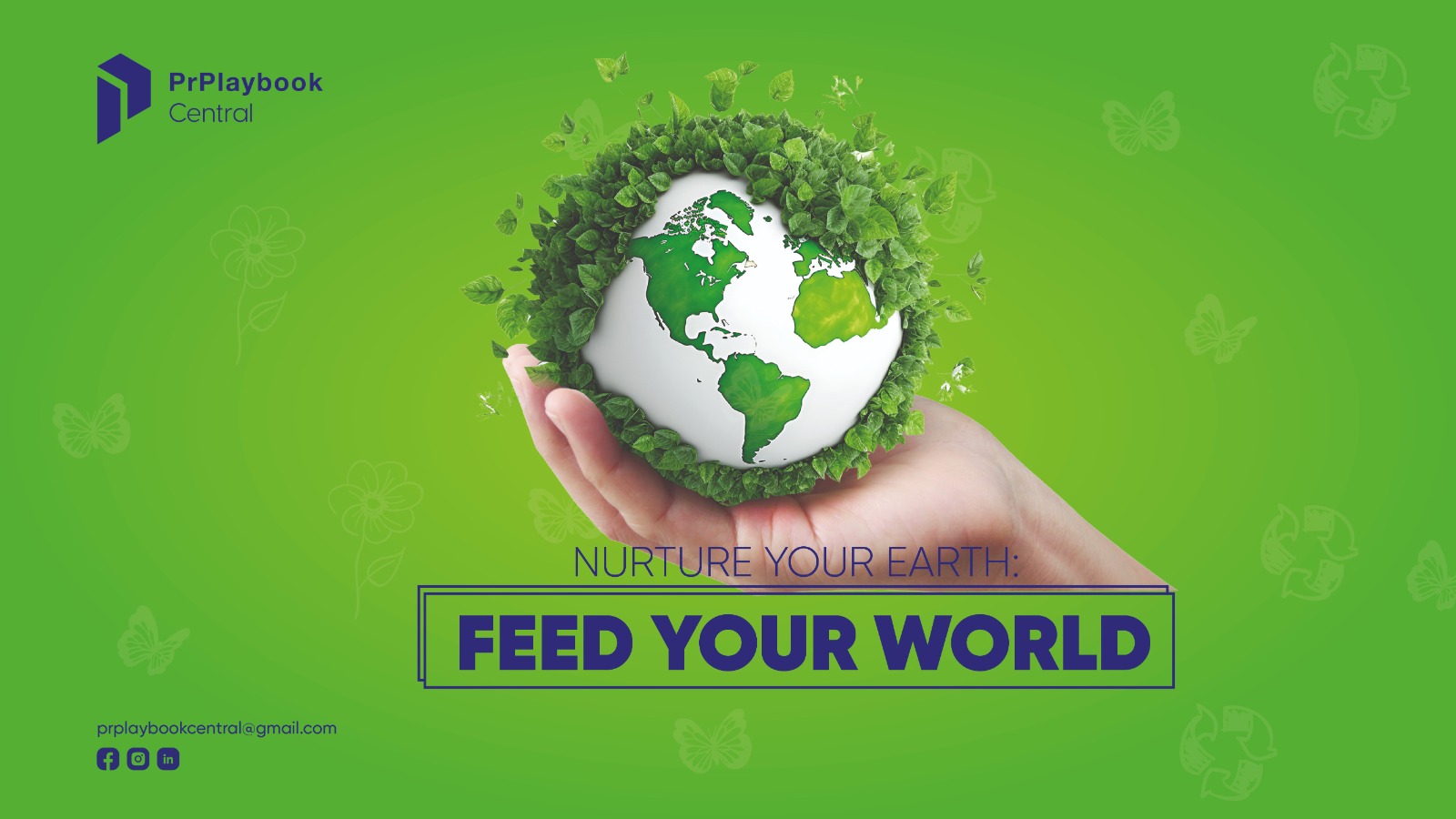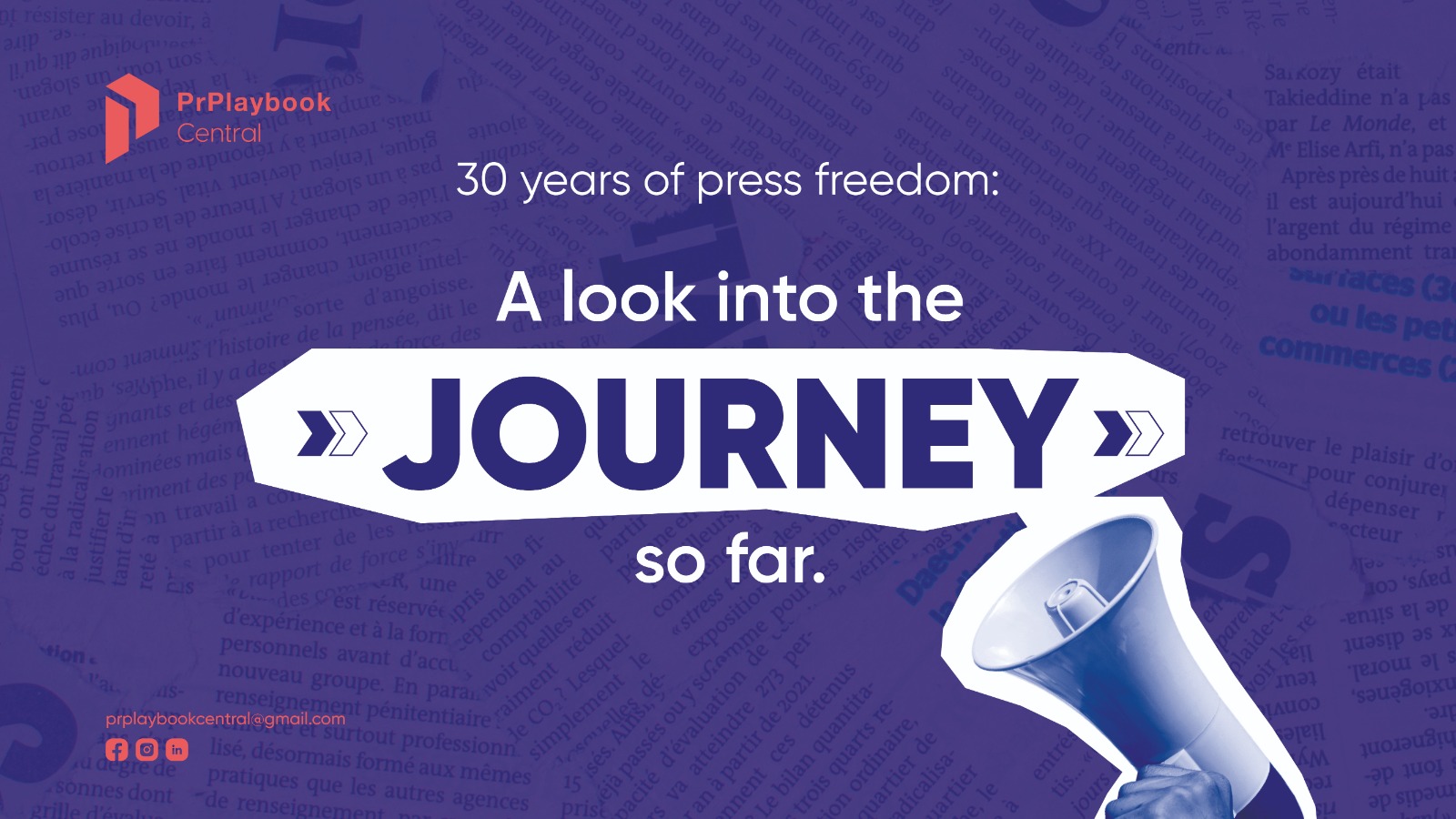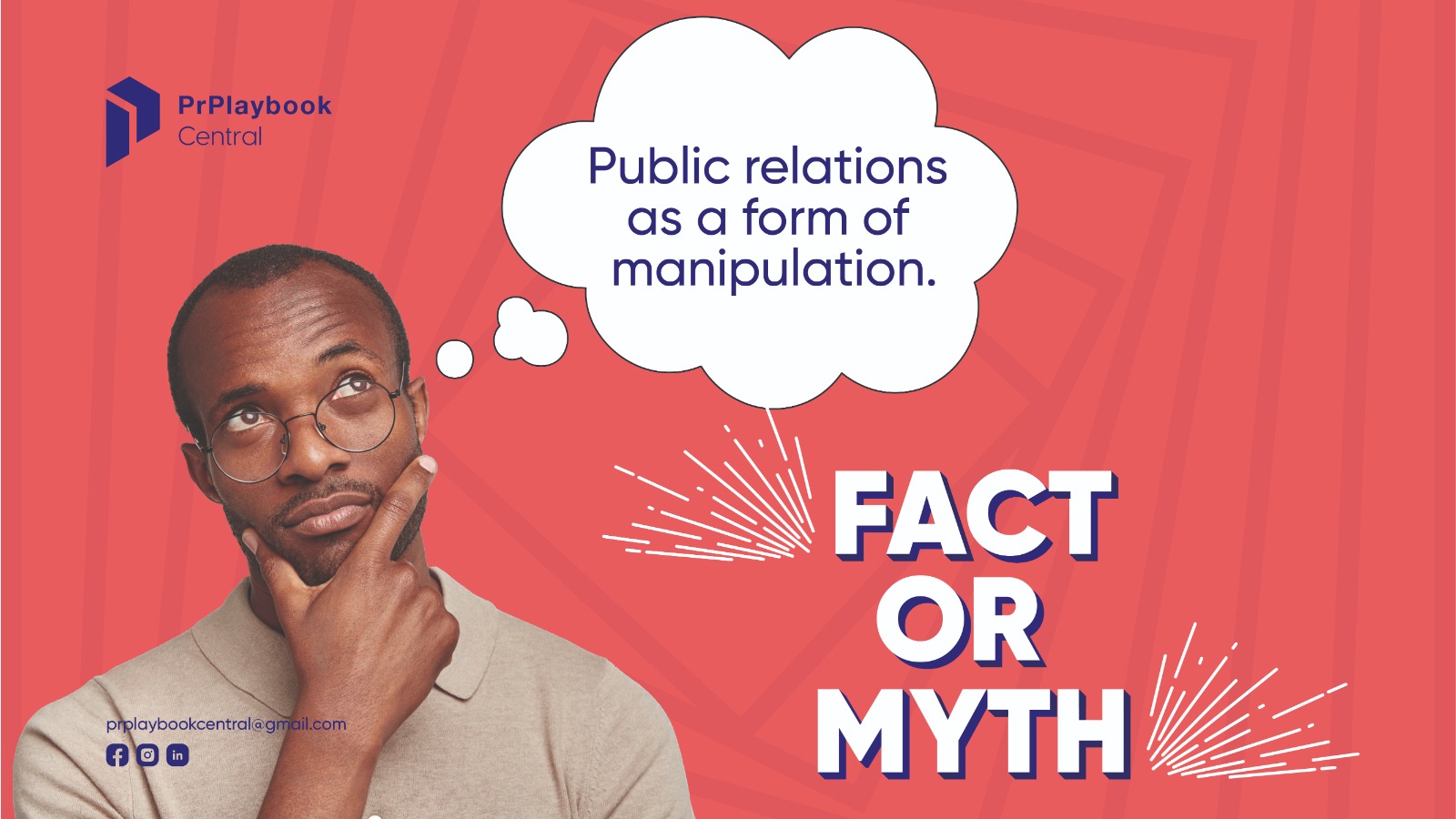
Nurture Your Earth: Feed Your World!
The momentous scene in the story of creation is etched
deep in our minds. Adam, a newly created being arises from a bed of earth and
surveys his surroundings utter awe. What must have met his eye? What would have
been racing through his mind? As he stretched his hands to touch the various
plants and herbs, would he have been filled up with the same wonder? Even more
amazing, God had given him charge – literally – over it all. The beautiful
trees, the shrubs, the flowers, the fruits, yes even the thorns. All of them
were beautiful in their own unique way. The brilliant color and variety painted
the garden, appropriately dressing up the first touch of heaven on earth. Because
that is exactly what Eden was, a touch of heaven on earth. A glimpse into the
beauties that heaven represented. A look into the majestic scenery God chose to
surround himself with. For the first man, this must have been awe inspiring,
but imagine if any of us today could have looked on such a sight, even as
outsiders. Our world has been so corrupted and destroyed that such a sight is
unimaginable. But it does not always have to be so. We can create our own bit
of the heavens. We can have our own Eden wherever we are, and it comes with
many blessings as well.
Many scholars, both biblical and secular historians
agree that civilization begun in Africa, with the first civilized nation being
Egypt. There is a good reason for this. The Nile River flows from south to north through
eastern Africa. It begins in the rivers that flow into Lake Victoria (located
in modern-day Uganda, Tanzania, and Kenya), and empties into the Mediterranean
Sea more than 6,600 kilometers (4,100 miles) to the north, making it one of the
longest rivers in the world. The Nile River was critical to the
development of ancient Egypt. In addition to Egypt, the Nile runs through or
along the border of 10 other African countries, namely, Burundi, Tanzania,
Rwanda, the Democratic Republic of the Congo, Kenya, Uganda, Sudan, Ethiopia,
and South Sudan. Its three main tributaries are the White Nile, the Blue
Nile, and the Atbara. As I research more on this river, I am more
convinced that God wanted Africa blessed with rich vegetation. In fact, in
addition to the Nile, Africa has a vast collection of Great Lakes – which by
the way are large bodies of water which are literally going nowhere – Rivers,
Tributaries and countless streams. We were meant to be the breadbasket of this
planet. Is it not amazing that Africa continues to form a major part of the
statistics when it comes to hunger and poverty?
In Africa, according to World Vision International, one in five people — 21% of the population — were facing hunger
in Africa in 2020. 282 million people are undernourished in Africa. That’s
46 million more people compared with 2019. Conflict, hunger, poverty,
displacement, and the continuation of the COVID-19 pandemic create a climate in
which children are at risk of violence and exploitation. Families in Africa
need help to keep the hunger and food crises from worsening. Children,
especially those younger than 5, are the most vulnerable because they need
critical nutrients to build strength and immunity against disease. Incredulous
as it may seem for a continent as blessed as Africa, these are facts. Yes, many
Pan-Africanists believe that the Western Media is constantly on the look for
how it may make the continent look bad, but we cannot comfortably overlook
these facts. We must not, like the proverbial Ostrich, bury our heads in the
sand at the sound of approaching danger. It is time to do something about it.
We must take up the work of feeding our own people by ourselves. We must be
like the mother hen who feeds her chicks and protects them from the hawk. We
must attack hunger the easiest way we can. By putting our hands to work.
The first step is to focus on
ourselves. Just like when God gave Adam a garden to tend, we are al Adams in
our own rights. We have gardens to tend. And I mean literally. It is the
natural way of life. That is how it should be. Gardening has the potential to
change our economy in a way that will revolutionize how we view our nation.
There are so many benefits for gardening.
First, we get to make good use
of our surplus land within our immediate reach. We do not need to go to any far-off
portion of land to farm. Beyond that, we can take advantage of any space at all
to practice our gardening. We can hang pots from our walls, place wooden
containers on cement blacks and fill with earth, or fill plastic bags with
earth for planting.
Secondly, we will be adding to
the recycling effort of or country by re-using waste articles from our homes.
Plastic bags and containers are heavily used due to how portable they are and
how they can retain moisture.
Thirdly, gardening can greatly
reduce the issue of food shortage and hunger. The trouble with food in most parts
of Africa is that the number of people engaged in farming activities has
reduced significantly. Most able-bodied men have moved from the arable land and
moved into the urban centers to seek greener pastures. Most of these people do
not engage in any farming activities, hence piling pressure on the few farmers
we have. The latter group are regularly unable to sustainably meet demands of
these growing urban centers, creating perennial food shortages. Low government
investment in the entirety of the agricultural value chain leads to farmers depending
on rains instead of water irrigation, primitive farming implements instead of
modern equipment, outdated farming practices instead of practices that can
increase their yield. Add bad road network and increasing fuel prices to the
mix and what you have is regular food shortage and high cost of food, which in
turn leads to hunger and poverty.
Fourthly, our garden produce can
be a healthy alternative to normal food consumption. Most of the food we
consume spend days in the hot sun. Some begin to rot; some are exposed to
dangerous fumes and whatnots. Some traders do not necessarily store the goods
properly. The result may be that the food we consume to stay alive may be
killing us, poisoning us slowly. Gardening is a way of avoiding that. Imagine
getting fresh produce from your backyard garden. Fresh herbs and spices, fresh
fruits for your juices. Note that trees and in general, vegetation are our
major source of oxygen. The more your grow around your own home, the better the
ventilation is. Flowers and trees are said to be a source of therapy for stress
and mental health. Finally, gardening can give you the required experience to enter
commercial farming.
Gardening is a self-help approach
to improving our lot. In our own ways, we will be contributing our quota to the
principal mandate(s) of the state:
- Health: Fresh Food and good ventilation
- Prevention of hunger
- Employment
- Self-sufficiency
- Security
The
continent is akin to a beautiful peacock who spent many years standing on the
highest mountain and displaying his feathers to the world. It would strut this
way and that way without any fear. It finally attracted the attention of the
world. They came from all around the neighboring villagers and took from him a
feather each. Each piece was beautiful and shiny and colorful. Soon enough, its
feathers were all gone, and the new owners went home to beautify their own
homes. The peacock was all alone and very cold. It had learned its lessons but
had gone too deep into its shell to understand that all hope was not lost. Like
this peacock, we have peddled our glory and now must import food to feed
ourselves. That is a very low point, but we must not wallow in self-pity for
too long. We are alive, our feathers will grow again. We can feed our people
again. Each one must take up our courage and do our best. We will stand out
again.
Selah!




